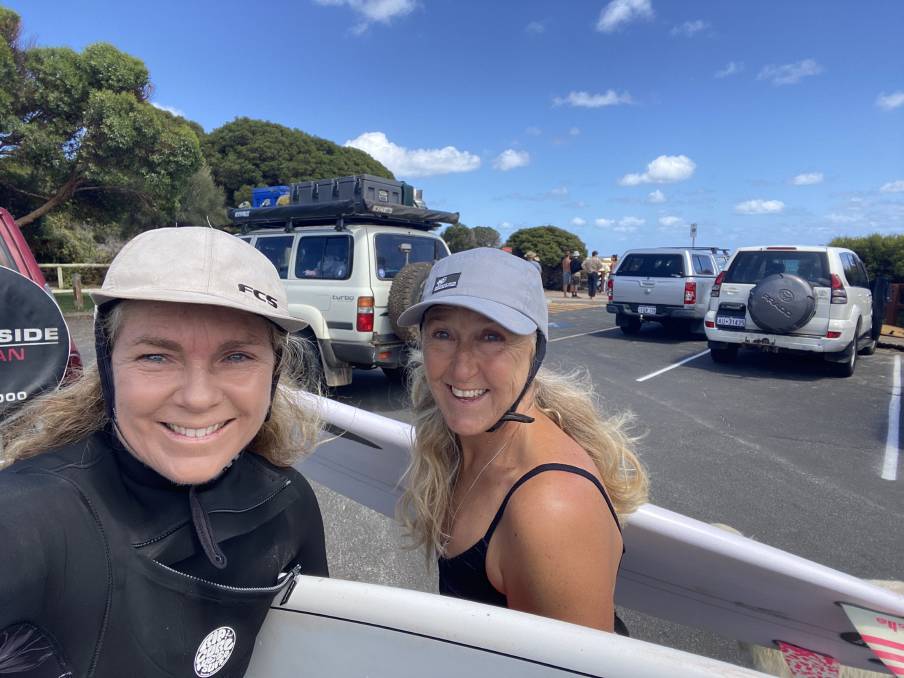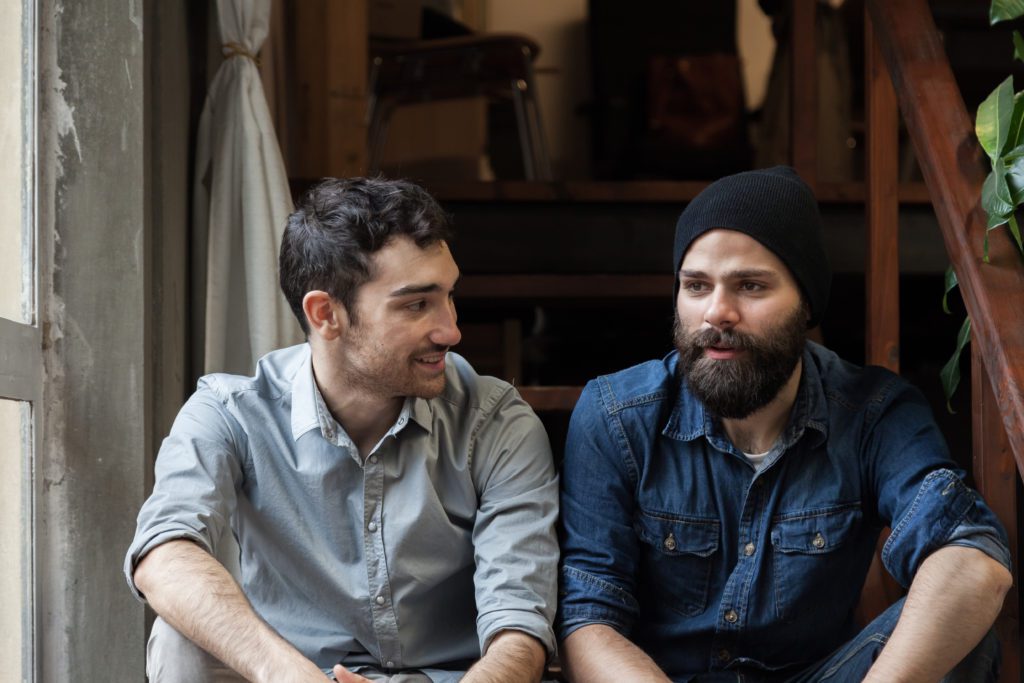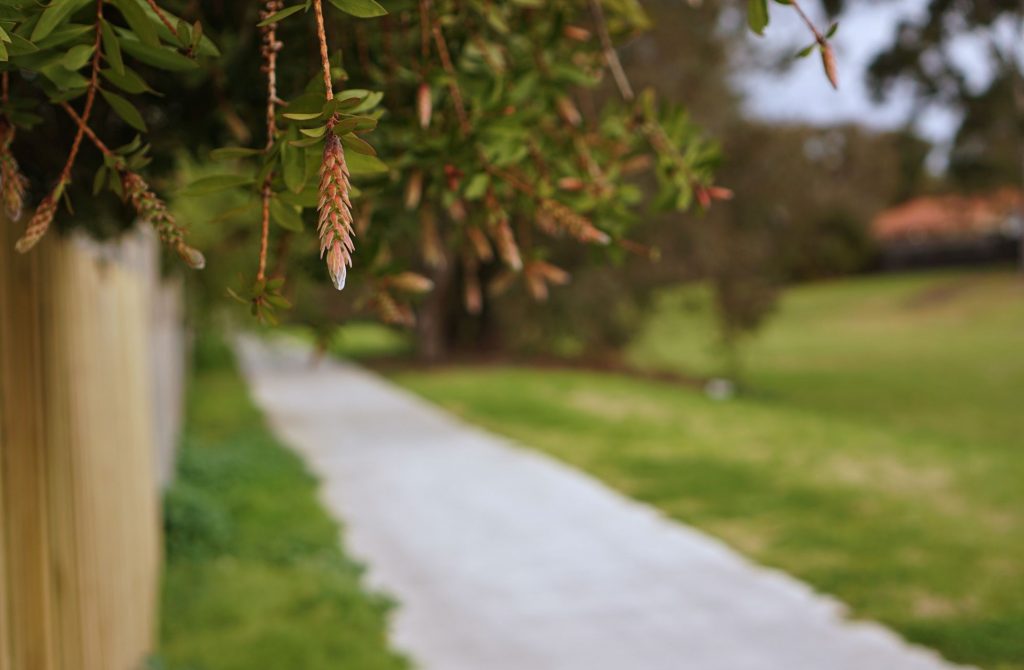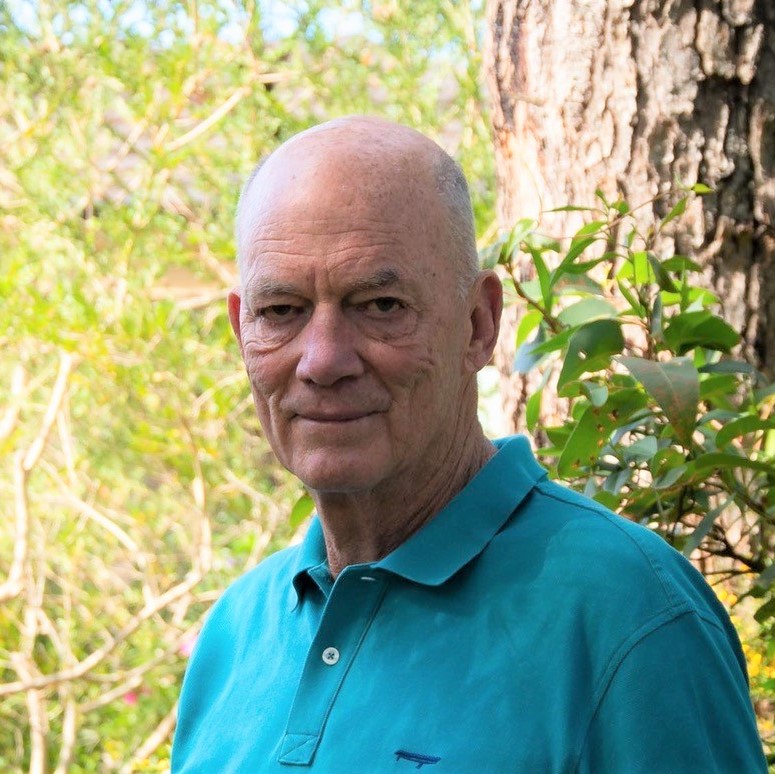How to grow kindness in your own garden
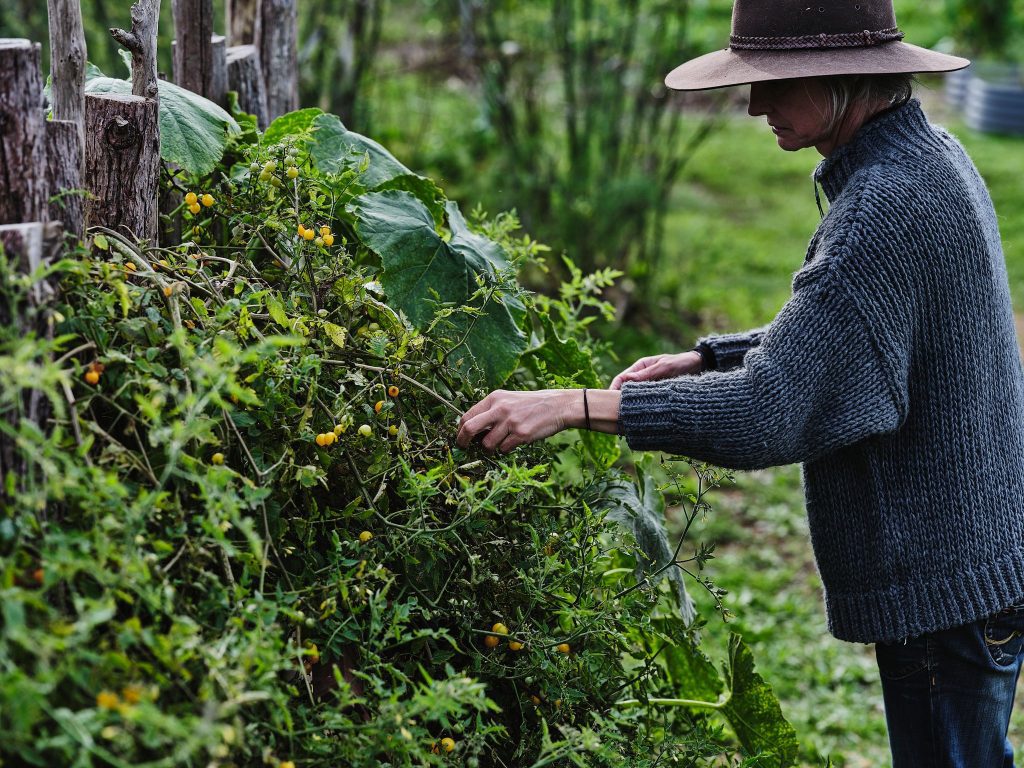
The recipe for kindness and connection
The ramblings of Peter Durey, a local, old, retired family doctor who has over the years, chosen to work in the country for two main reasons.
Firstly, because it is the country, which means fresh air and green and trees and ocean.
The concrete and tarmac just don’t cut it.
Secondly, because country people are different!
Did you know that the microbiome in our bowels is different to the microbiome in the bowels of urban dwellers, and because of this we are healthier and happier?
Did you know digging around in dank soil releases chemicals that stimulate our feel-good brain chemicals?
No kidding!
I love getting out there walking in the forest or along the beach or even diving into the ocean (when not too cold!).
I have seen the benefits to patients when they connect to nature and are soothed.
When they can reflect on the ancient, natural, circular time and the rhythm of growth and regeneration.
And for that human connection to nature, nothing beats the culture of our First People, especially in their spiritual connection to country.
I think about the words ‘down to earth’ for common sense, ‘being grounded’ for someone who seems mentally stable, and ‘stopping to smell the roses’ for taking the time to get in touch with the simple things and be in the moment.
So here is a reflection on comparing looking after a garden or nature, with looking after yourself, your wellbeing, your soul.
How to grow kindness in your garden…
1. PREPARATION of the soil and for this you need to understand the soil and the processes involved.
You cannot expect seeds to grow without good soil.
So, you need the following ingredients:
HUMILITY to realise that you don’t know everything about another person, or yourself for that matter.
CURIOSITY to find out the how and why of things.
INTUITION to imagine what it is like deep down there and what those seeds need to grow well.
SELF-REFLECTION to work out what sort of garden you want.
2. PLANTING of the seeds of GOOD LISTENING which requires:
HEARING with all your senses especially your eyes.
NOT INTERFERING with the seeds. Seeds know what to do, so avoid interrupting or problem solving for the other person.
3. TENDING THE PLANTS AND HELPING THEM GROW and this involves:
CONNECTING to that other person and feeling that you are both on the same page. This leads to the growth of respect and of sharing, and of community. The best plants are those growing in nature with all its diversity.
DEVELOPING EMPATHY and a sense of understanding about the journey of the other person and their deeper issues and feelings.
FEELING COMPASSION. The word is derived from com (together) and passion (feelings). It is a sense of understanding of the suffering and feelings of another person and the desire to help. This connects to a basic need of humans over hundreds of thousands of years to communicate, cooperate and collaborate with others. And this action leads to personal health and wellbeing.
So, LISTENING, CONNECTING and COMPASSION are the keys to a beautiful and fruitful garden.
But you still must do the watering!
This is just a guide and not a recipe.
Mindful Margaret River has an upcoming workshop for frontline carers employed in areas involving mental health.
Titled ‘CARING THROUGH CONNECTING’, the workshop focuses on those areas of listening, connecting and caring.
The workshop is taking place at the Margaret River HEART on November 25 at 5pm.
This is a free event, and you can RSVP via our website at mindfulmargaretriver.org.au/events
Peter Durey is a retired General Practitioner who has lived and worked in Margaret River for 17 years.
Peter is a volunteer taskforce member with Mindful Margaret River and is still passionate about the holistic health of his community.
MINDFUL Margaret River is an alliance of professionals, agencies and community members working to promote health & wellbeing.
Mindful Margaret River is funded by Lotterywest and supported by the Shire of Augusta Margaret River.
You can find out more at mindfulmargarteriver.org.au, and follow us on Facebook.
First published in the Augusta Margaret River Mail November 8 2021

